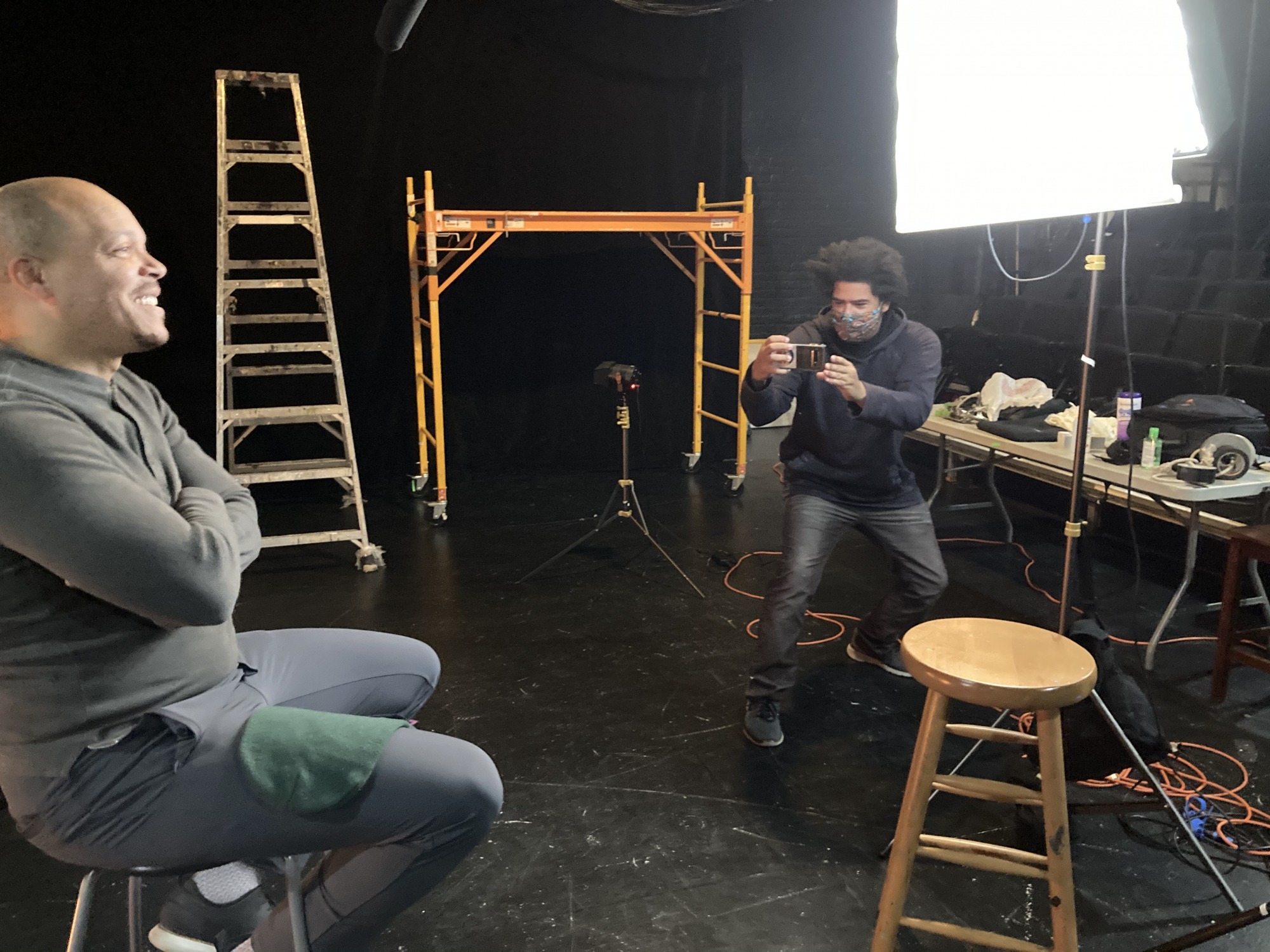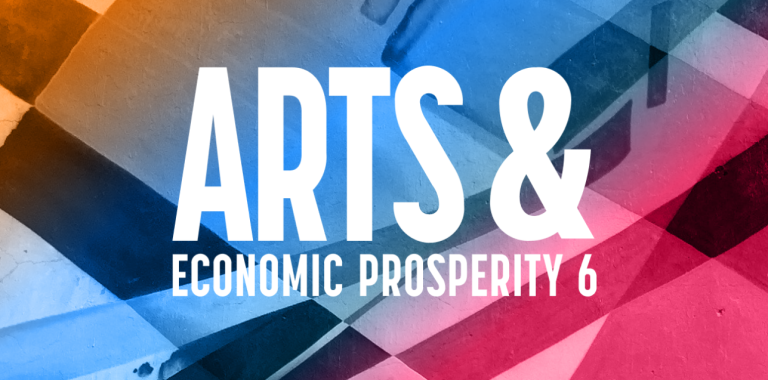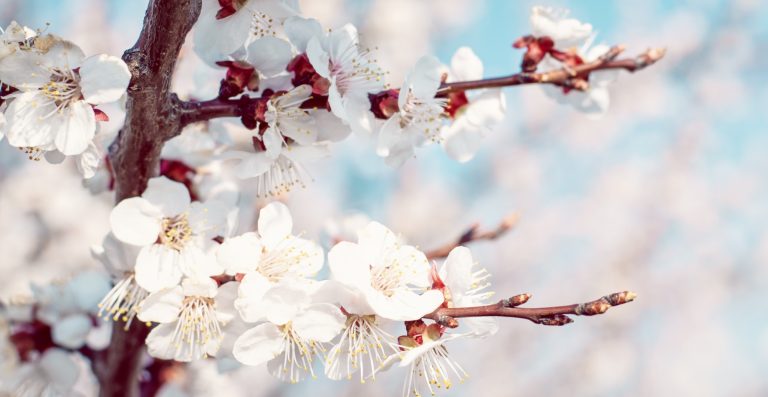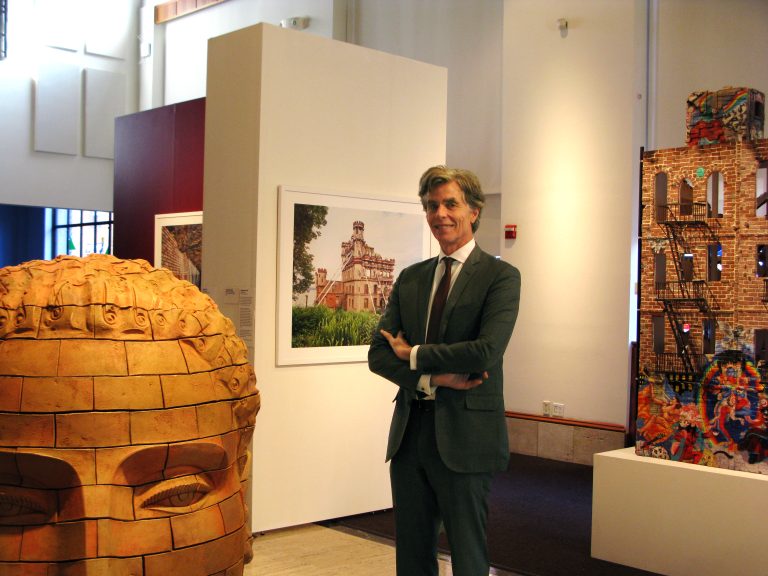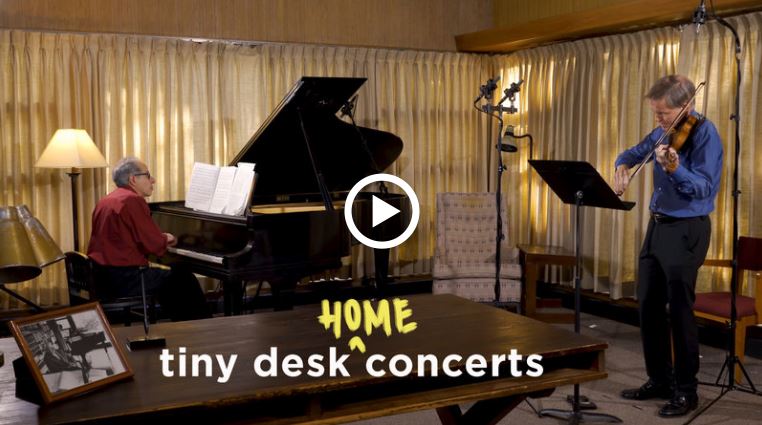“All one wants to do is be heard.”
Article by Mary Alice Franklin, ArtsNews Editor
“I’ve lost my mother to COVID-19. I am numb. Not because I want to be, but I have to be.” So says one incarcerated man from inside the walls of a nearby Hudson Valley prison.
The man couldn’t see or speak to his mother before her passing due to COVID-19 safety protocols. He expressed: “I cried once, and I literally want to cry every day, but if I do I will get labeled as weak.”
Katherine Vockins, Founder and Executive Director of Rehabilitation Through the Arts (RTA), explains: “He couldn’t talk to anybody who could help him process this loss. Through our workshops, he had the opportunity to write about the feelings that he was holding inside.”
RTA is an organization that uses the creative arts in prisons to teach critical life skills that can be used both inside and outside of prison walls. The program introduces artistic disciplines like theater, visual arts and creative writing to its members, providing them an outlet for expression. For many of these incarcerated and isolated people, the program is a bridge to the outside world.
“Sometimes,” the man said, “all one wants to do is be heard.’”
His voice is one of many that will be heard during Lulu, I Hear You, a December 9 performance that weaves together writings that were penned by RTA members during the pandemic. The performance also includes a poem written by an alum of the program. The poem is dedicated to the only incarcerated woman in New York State who died from COVID-19 – her friend, Lulu.But the process for facilitating and collecting these writings was “highly complicated,” according to Vockins. Normally, RTA sends 25 teaching artists into six mid-Hudson Valley facilities two to three times per week to serve 200+ members. However, once the pandemic hit, in-person workshops became impossible. RTA went to great lengths to keep its program active, pivoting their approach several times along the way to keep up with COVID-times.
In mid-March, RTA rewrote its existing curriculum and converted all workshops into paper lessons that could be done sitting alone in a cell. Each member was also supplied with a non-spiral-bound composition notebook in which to complete writing assignments.
By the end of May, it became clear that the pandemic was sticking around, forcing RTA to shift gears once again. They recorded audio lessons on “prison-appropriate” cassettes that don’t contain any metal. These cassettes needed to be duplicated hundreds of times. Beyond the tapes, the cassette players also needed to be “the right ones” – translucent and unable to record. Everything needed to go through security and be x-rayed at each facility. The prisoners once again worked on these RTA activities while isolated in their cells. “Producing workshops and then duplicating them was an enormous job, but it worked,” said Vockins.
One RTA member in particular wrote a one-act play around what happened when he received the envelope from RTA with his cassettes in it, but realized that he didn’t have a player yet. This play is now a centerpiece of the December 9 performance.
All of this hard work led to Lulu. The writings of these incarcerated men and women became the foundation of RTA’s upcoming performance. Vockins explains: “The performance is a collection of narratives and comments about life inside during the pandemic. It’s an amalgamation of pieces that are held together with the Lulu poem, which runs as a thread throughout. Then there is also this story about how to get a cassette player within a maximum-security prison when you can’t go anywhere…Our Programs Director, Joe Giardina, took the time over multiple weeks to adapt these pieces into a cohesive presentation.”
The 30-minute performance will be presented on Zoom, followed by a live talkback with RTA alumni.
“[With the government-mandated shelter-in-place guidelines], we’ve gotten a taste for what it’s like to be isolated,” said Vockins. “We’ve been doing it for x-number of weeks or months, while they’ve been doing it for years.”
A version of this article first appeared in the December-January issue of ArtsNews, ArtsWestchester’s monthly publication. ArtsNewsis distributed throughout Westchester County. A digital copy is also available at artsw.org/artsnews.

